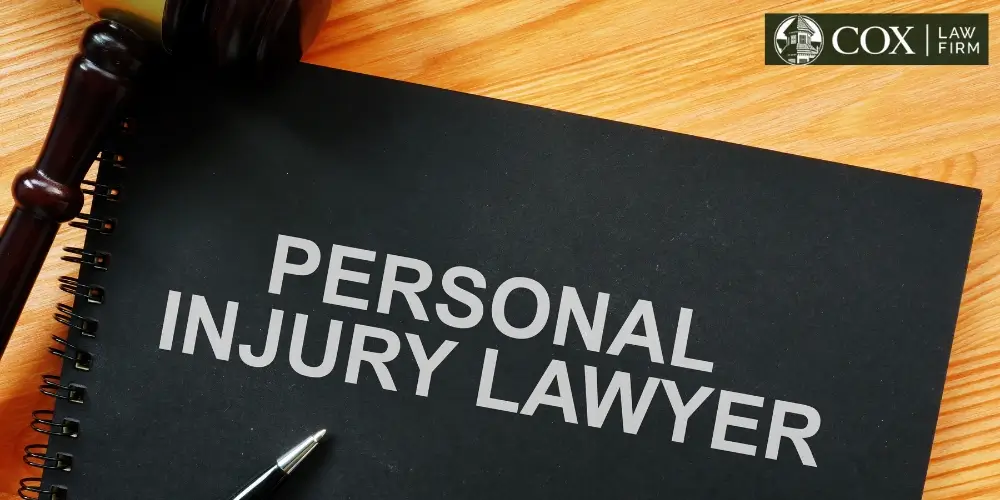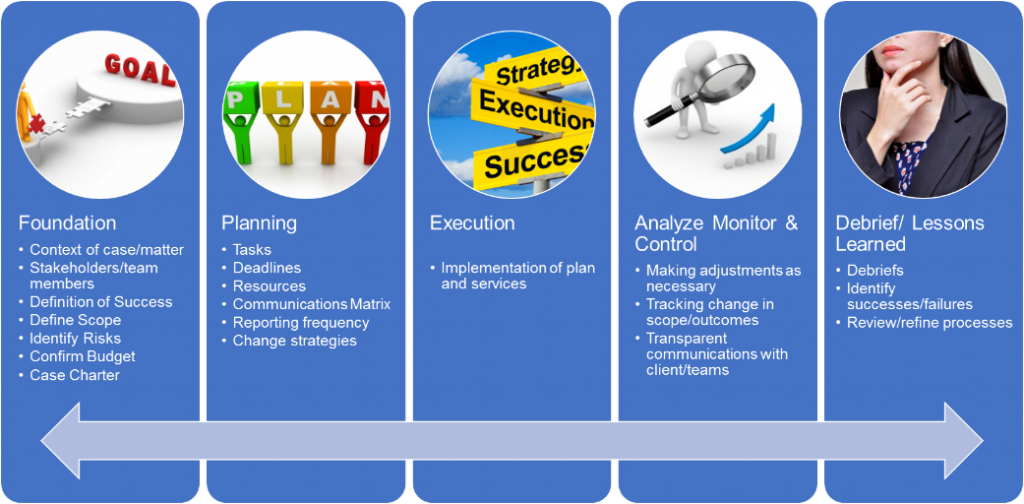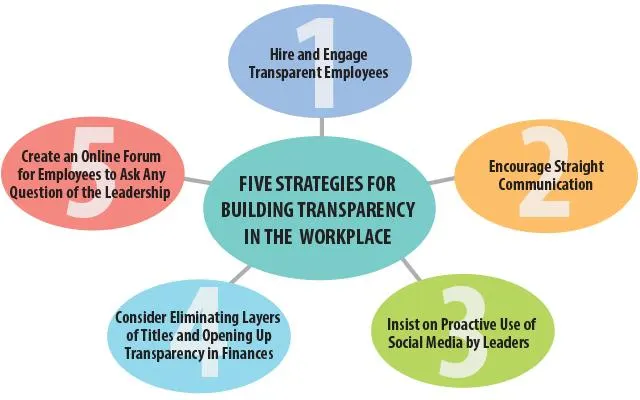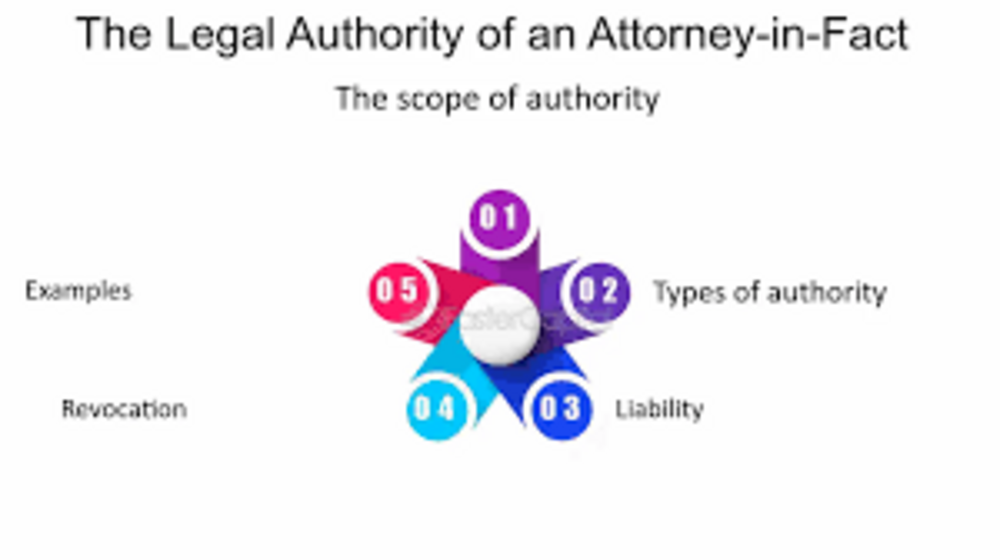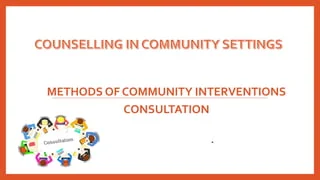Personal Injury Attorney Consultation: What You Need to Know:
1:Understanding the Role of a Personal Injury Attorney:
Personal Injury Attorney Consultation: What You Need to Know When you’ve been injured due to someone else’s negligence, consulting a personal injury attorney can be crucial for obtaining the compensation you deserve. Personal injury attorneys specialize in tort law, which covers civil litigation for wrongs and injuries resulting from accidents, malpractice, or other incidents. Their primary role is to represent clients who have been physically or psychologically injured and to help them navigate the complex legal system.
During the initial consultation, the attorney will assess the details of your case, including the circumstances of the injury, the evidence available, and the extent of your damages. This assessment is critical as it helps the attorney determine the potential value of your claim and the best course of action. Personal injury attorneys often work on a contingency fee basis, meaning they only get paid if you win your case. This arrangement allows individuals to seek legal representation without the burden of upfront legal fees, making it accessible for those who may be facing financial difficulties due to their injury.
2:Preparing for Your Consultation:
Proper preparation for your consultation with a personal injury attorney can significantly impact the outcome of your case. Start by gathering all relevant documents and evidence related to your injury. This includes medical records, police reports, witness statements, and any correspondence with insurance companies. Having these documents ready will allow the attorney to make a more accurate assessment of your situation and provide you with informed legal advice.
In addition to gathering documents, prepare a detailed account of the incident that led to your injury. This should include the date, time, location, and any other pertinent details. Be honest and thorough in your description, as any inconsistencies can weaken your case. It’s also helpful to write down any questions or concerns you may have about the legal process. This ensures that you cover all your bases during the consultation and leave with a clear understanding of your next steps. Being well-prepared not only demonstrates your commitment to pursuing the case but also enables the attorney to better evaluate and strategize your claim.
3:Evaluating the Attorney’s Experience and Expertise:
Choosing the right personal injury attorney can make a significant difference in the outcome of your case. During your consultation, it’s essential to evaluate the attorney’s experience and expertise in handling cases similar to yours. Inquire about their track record, including the number of cases they have won and the settlements they have secured for their clients. An experienced attorney with a proven success rate is more likely to navigate the complexities of your case effectively and achieve a favorable outcome.
Additionally, consider the attorney’s area of specialization. Personal injury law encompasses a wide range of cases, from car accidents and medical malpractice to workplace injuries and product liability. An attorney who specializes in your specific type of injury will have a deeper understanding of the relevant laws and regulations, as well as established relationships with experts and professionals who can support your case. Evaluating these factors during your consultation will help you choose an attorney who is well-equipped to handle your case and maximize your chances of receiving fair compensation.
4:Understanding the Legal Process:
Navigating the legal process can be daunting, especially if you are unfamiliar with personal injury law. During your consultation, the attorney should provide a clear overview of what to expect, from filing your claim to potentially going to trial. Understanding the steps involved and the potential timeline can help you manage your expectations and prepare for each stage of the process.
Personal Injury Attorney Consultation: What You Need to Know The legal process typically begins with an investigation, where the attorney gathers evidence to support your claim.This process may include interviewing witnesses, consulting with medical experts, and reviewing relevant documents. After compiling the evidence, the attorney will send a demand letter to the responsible party’s insurance company, detailing your injuries and the compensation you seek. If the negotiation does not result in a settlement, the next step involves filing a lawsuit and moving on to discovery, where both parties exchange information and evidence. Throughout this process, your attorney will guide you, advocate on your behalf, and keep you updated on any developments.Having a clear understanding of the legal process will help you stay engaged and proactive in your case.
5:Communication and Transparency:
Effective communication is a cornerstone of a successful attorney-client relationship. During your consultation, pay attention to the attorney’s communication style and their willingness to answer your questions thoroughly. Clear and open communication ensures that you are kept informed about the progress of your case and that any concerns you have are promptly addressed. A good attorney will take the time to explain complex legal concepts in a way that is easy to understand, ensuring that you are fully aware of your rights and options.
Transparency is equally important. Your attorney should provide a clear explanation of their fee structure, including any additional costs you may incur during the legal process. Understanding how fees are calculated and when payments are due will help you manage your finances and avoid unexpected expenses. Additionally, the attorney should be upfront about the strengths and weaknesses of your case, providing a realistic assessment of your chances of success. This honesty will help you make informed decisions and set realistic expectations for the outcome of your case.
6:Evaluating Settlement Offers:
Personal Injury Attorney Consultation: What You Need to Know One of the critical roles of a personal injury attorney is to negotiate settlement offers on your behalf. During your consultation, discuss the potential value of your claim and how the attorney plans to approach settlement negotiations. It’s essential to understand that insurance companies often aim to minimize payouts, so having an experienced attorney advocate for you can significantly impact the settlement amount you receive. The attorney should explain the factors that influence settlement offers, such as the severity of your injuries, the impact on your daily life, and any long-term medical expenses or loss of income.
When evaluating settlement offers, your attorney will weigh the immediate benefits against the potential outcome of taking the case to trial. While a settlement can provide quicker compensation and avoid the uncertainties of a courtroom battle, it’s crucial to ensure that the amount offered is fair and sufficient to cover all your damages. An experienced attorney will help you navigate this decision-making process, advising you on whether to accept a settlement or pursue further legal action. Their expertise in assessing settlement offers can make a significant difference in the compensation you ultimately receive.
7:The Importance of Documentation:
Accurate and thorough documentation is vital for building a strong personal injury case. During your consultation, your attorney will emphasize the importance of keeping detailed records of all aspects related to your injury. This includes medical bills, treatment records, prescriptions, and any correspondence with healthcare providers. Documenting your pain and suffering, as well as the impact of your injury on your daily activities, can also be critical in substantiating your claim.
Additionally, keep a record of any out-of-pocket expenses related to your injury, such as transportation costs for medical appointments or modifications to your home. This will help ensure you receive full compensation. Your attorney will advise you on the specific documentation required and how to organize it effectively.Keeping meticulous records not only strengthens your case but also demonstrates your credibility and the extent of your damages, which can be persuasive in negotiations or court proceedings.
8:Long-Term Considerations:
When consulting with a personal injury attorney, it’s essential to consider the long-term implications of your injury and the compensation you seek. Serious injuries can have lasting effects on your health, ability to work, and overall quality of life. During your consultation, discuss the potential long-term impacts of your injury with your attorney. They can help you evaluate future medical needs, rehabilitation costs, and any necessary adjustments to your living situation.
Additionally, your attorney will consider the possibility of future lost income if your injury affects your ability to work. Calculating these long-term damages is complex and requires expert input, but it is crucial for ensuring that you receive adequate compensation to cover all future needs. Understanding these long-term considerations and discussing them with your attorney will help you develop a comprehensive legal strategy that addresses both your current and future needs.
9:Conclusion: The Value of a Consultation:
Consulting with a personal injury attorney is a critical step in seeking justice and fair compensation for your injuries. The initial consultation provides an opportunity to assess the attorney’s expertise, discuss the specifics of your case, and develop a strategy for moving forward. By preparing thoroughly, understanding the legal process, and evaluating the attorney’s communication style and transparency, you can make an informed decision about who will represent you.
A successful attorney-client relationship builds on trust, open communication, and a shared commitment to achieving the best possible outcome. The right attorney will navigate the complexities of the legal system, advocate for you, and protect your rights at every step. Whether through negotiation or litigation, a skilled personal injury attorney can significantly impact the resolution of your case, providing the support and expertise you need to secure the compensation you deserve.

